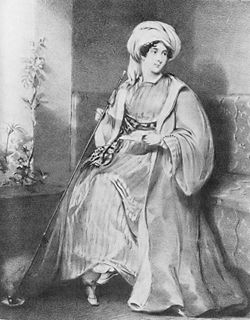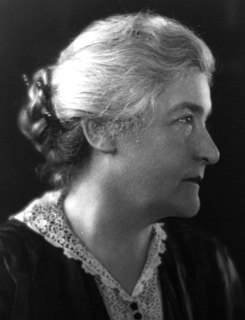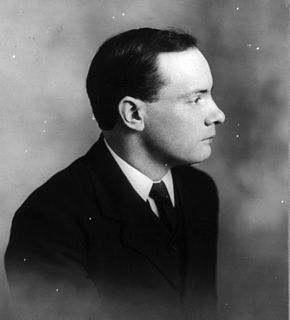A Quote by Karl Jaspers
All democracies demand common public education because nothing makes people so much alike as the same education.
Related Quotes
Women while in college ought to have the broadest possible education. This college education should be the same as men's, not only because there is but one best education, but because men's and women's effectiveness and happiness and the welfare of the generation to come after them will be vastly increased if their college education has given them the same intellectual training and the same scholarly and moral ideals.
[The] erroneous assumption is to the effect that the aim of public education is to fill the young of the species with knowledge and awaken their intelligence, and so make them fit to discharge the duties of citizenship in an enlightened and independent manner. Nothing could be further from the truth. The aim of public education is not to spread enlightenment at all; it is simply to reduce as many individuals as possible to the same safe level, to breed and train a standardised citizenry, to put down dissent and originality.
In ability choice education finance majorities people understanding voting A lot of voters always cast their ballot for the candidate who seems to them to be one of the people. That means he must have the same superstitions, the same unbalanced prejudices, and the same lack of understanding of public finances that are characteristic of the majority. A better choice would be a candidate who has a closer understanding and a better education than the majority. Too much voting is based on affability rather than on ability.
Sending our kids in my family to private school was a big, big, big deal. And it was a giant family discussion. But it was a circular conversation, really, because ultimately we don't have a choice. I mean, I pay for a private education and I'm trying to get the one that most matches the public education that I had, but that kind of progressive education no longer exists in the public system. It's unfair.
We do not merely give a religious education because that would seem to imply the possibility of some other education, a secular education, for example. But we hold that all education is divine, that every good gift of knowledge and insight comes from above, that the Lord the Holy Spirit is the supreme educator of mankind, and that the culmination of all education (which may at the same time be reached by a little child) is that personal knowledge of and intimacy with God in which our being finds its fullest perfection.
The education here intended in not merely that of the children of the rich and noble, but of every rank and class of people, down to the lowest and the poorest. It is not too much to say that schools for the education of all should be placed at convenient distances, and maintained at the public expense.






































